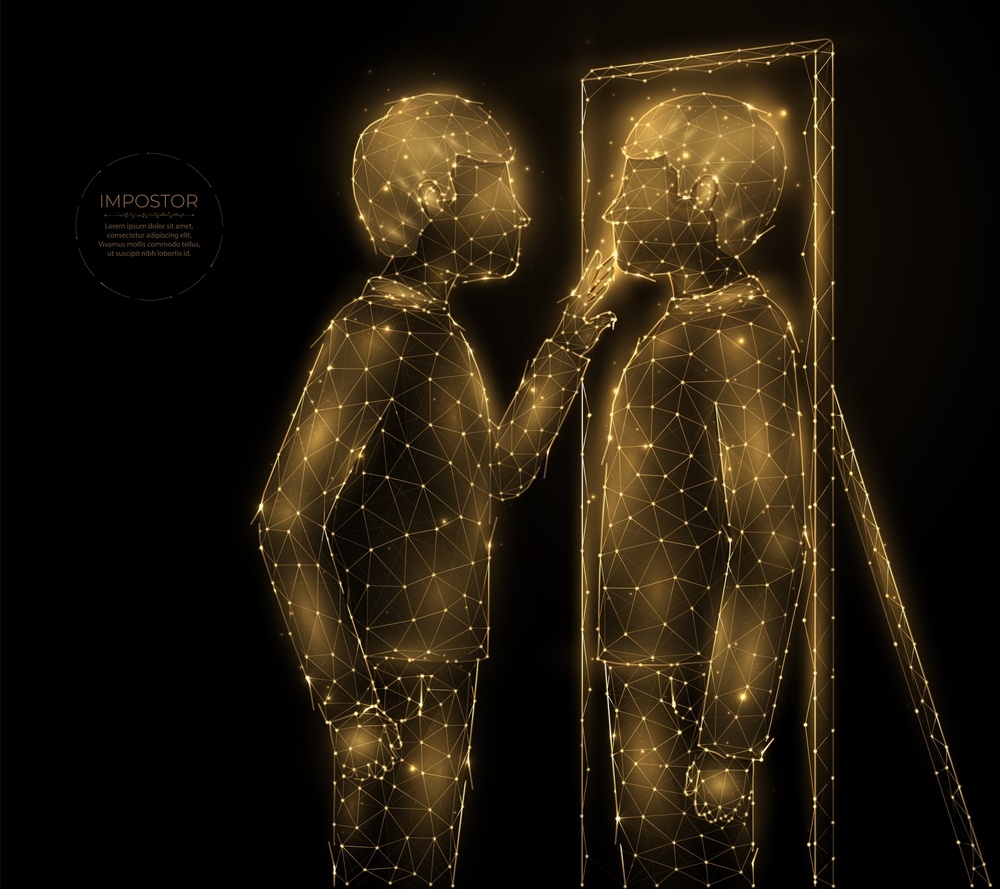
In our last post we discussed the unusual situation, to say the least, of a father or even the daughter herself being unable to recall to whom the girl was betrothed. But what about a case where we know who the husband and wife may be but the couple can't agree if they were betrothed? "One who says to a woman I betrothed you and she says you did not..." (Kiddushn 65a)
As is typical of the Talmud the discussion centres around the legal ramifications of such a dispute. Such curiosities as to the practically of such a case were of little interest to our Sages and has no bearing on the legal issues involved, rare as they may seem.
In truth it is not as difficult to imagine such a scenario arising as one might think. Recall that in Talmudic times the two parts of the marriage, kiddushin and nissuin were done seperatey. As the name of the masechet notes most of the discussion in our masechet centres around kiddushin, betrothal, where the couple is legally married - and such a get is needed to break off the marriage - but they may not live together until nissuin which was done up to a year later[1]. People tended to get married at a much younger age and were more reliant and trusting of their parents to choose a partner for them. Often kiddushin was done through an agent and in the days before one could sign and send a message broken telephone was a real possibility. Factor in that, unlike today, there did not seem to be fixed text for kiddushin leading to questions of interpretation of a possible "proposal" and the possibility that one of the parties wants to break off the relationship and is lying and it is not quite as strange as it sounds.
Be that as it may whether it be a theoretical question or practical one what are we to do if the bride and groom can't agree if they are "married?" With no way to know if the couple is legally married we take each person at face value. "He is forbidden to marry her relatives but she is permitted to marry his." As the man claims he married the girl he would be forbidden to marry her relatives i.e. the girls sister. This is in keeping with the principle of "he forbade upon himself a piece of forbidden [meat]." If one claims that a piece of meat is not kosher it is forbidden for that person to eat the meat even if we have no reason to think the meat is anything but glatt kosher. While others can eat by declaring the meat not kosher one may not join them. His claim that he married a particular woman forbids him to her relatives.
On the other hand as the woman denies having entered into a relationship there is no basis to forbid her from marrying the husband's relatives. Something can be halachically true regarding one person yet not for another.
"If she says you betrothed me but he says I did not betroth you..." Interestingly the Gemara raises the possibility that in this reverse situation we fully accept her claim and rule that they are married to each other.
While we cannot be certain the man is telling the truth - and thus we cannot forbid the woman from marrying his relatives - we can be quite certain the woman is. The impact of the man's lie is relatively minor - being forbidden from marrying a few relatives of the woman. But as polygamy had yet to be outlawed he has many others he can marry. But such is not true regarding the woman. By claiming she is married, the woman has just forbidden herself from marrying anyone else. Her lie would effectively turn her into an agunah. We can assume almost with certainty that she is telling the truth - why would any woman want to make herself an agunah - and that truth would mean the man would be forbidden to marry any of her relatives. Hence the need for the Mishna to teach "he is permitted to her relatives and she is forbidden to her relatives." Despite the cogency of the woman's claim of marriage we have no right to reject the denial of the husband. Absent contrary evidence we must believe both of them - despite the fact that objectively such is impossible. Once again we see how the halacha does not and can not reflect absolute truth but applies the rules of evidence as best it can.
Yet when all is said and done when the man denies the woman's claim of marriage she is now an agunah. And unlike the case in many other marriages that fall apart where the court can force the husband to give a get there are no grounds to do so in this case. With no evidence the man is lying we cannot force him to give a get which would forbid him from marrying the relatives of the woman. His claim that he does not want such must be accepted. While we cannot force him to give a get we can encourage him to do so and that is what we do. While he may now be unable to marry a few relatives without a get the woman can marry no one.
Perhaps reflecting the belief of the claim of the woman, the 3rd century Amora Rav rules that if the man does give a get (as he should) he must also pay her the value of the ketuba as is the norm upon divorce. Shmuel, perhaps cognizant of the Talmudic principle that 'if you try and grab too much you can end up with nothing' is happy if the woman receives her get and is able to move on. Forcing the husband to pay the ketuba could act as a disincentive for the man the divorce the woman which is the last thing we want.
[1] I have often noted the irony (or is it tragedy) how we today have reversed the situation. Instead of marriage and living apart the norm for many is living together without marriage.



